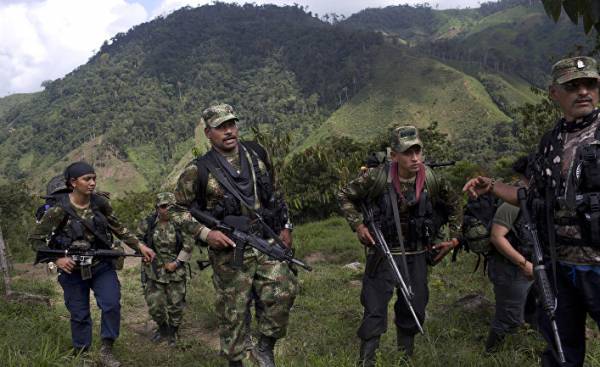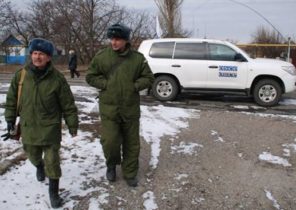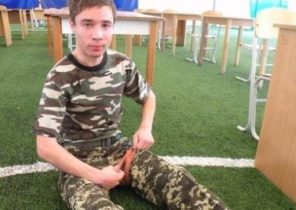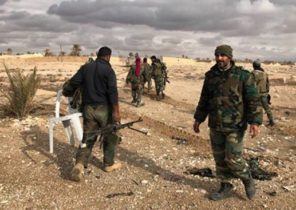
We remember that in almost all Latin American countries, guerrilla movements emerged as a result of the cold war between the United States and the Soviet Union. The Soviet Union benefited from the Cuban revolution in 1959, and organized in Cuba for the training of guerrillas. Subsequently, Moscow has provided financial assistance to rebel movements in Brazil, Argentina, Uruguay, Chile, Colombia, Peru, Bolivia, El Salvador and Guatemala.
With the exception of Guatemala and El Salvador, where the guerrillas came to the underworld, in other Latin American countries had signed a peace agreement on the basis of political consensus. I am sure that the new government of Colombia, which we choose in 2018, will successfully continue the ongoing peace process in the country.
According to most experts, to achieve success in the peace process should take the following steps. First, restore peace, second, to keep the peace, and thirdly, to consolidate the peace. Colombians suspect that in the initial stages of the peace process there have been serious violations. We may cry, with the Revolutionary armed forces of Colombia (FARC) over, however, there is a danger of coming to power of a political party controlled by narcotraficantes.
Unlike Colombia from other Latin American countries is that the Colombian authorities sympathetic and treat drug traffickers, not to hurt the disarmament of the rebel forces of the FARC. As example, the prohibition on the interception of light aircraft by US forces, which are used for the illegal transport of drugs, the ban on air strikes on rebel bases, a ban on the spraying of herbicides to combat Coca crops. Moreover, Colombian law prohibits
the confiscation of property of rebels and their extradition to other countries.
The peace process is the disarmament, demobilization and reintegration of rebels into civilian life. However, many Colombians appear to question that, but how can we trust the rebels they passed, all registered their weapons to the UN. We don’t understand reasons on TV we do not show the disarmament of the guerrillas, and we do not see containers full handed over their weapons.
Still, according to some former leaders of the FARC, in the ranks of leftist groups there are forces that do not want to disarm and to comply with the peace agreement. Attempts to exert armed pressure on civilians in six constituencies, where are 167 municipalities, to get them to vote for the FARC in the upcoming elections.
The plan of implementation of the peace agreement can prevent befallen the Colombia financial crisis that the country is not known, since 1930. As shown by the latest statistics, the country has slowed GDP growth, rapidly growing external debt, increase taxes. Not enough money for health, education, the armed forces and security. Reduced the inflow of investment in oil and gas industry.
The only thing that gives me optimism is a significant reduction in the number of murders. According to the data published in the magazine Semana, in 2016 in Colombia recorded the lowest number of homicides since 1974. As notes the edition, it became possible thanks to successful work of law enforcement agencies to combat organized crime in the period from 2005 to 2006. I hope that the Colombian government has provided reliable data on the state of crime.







